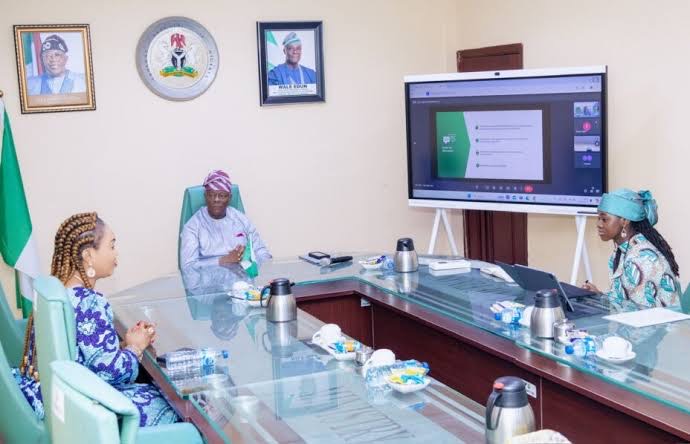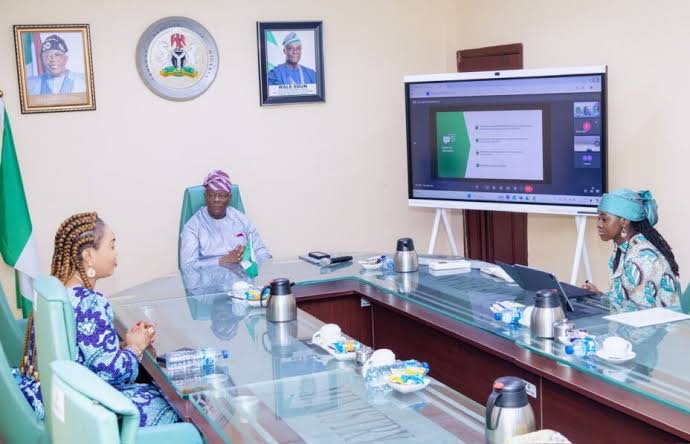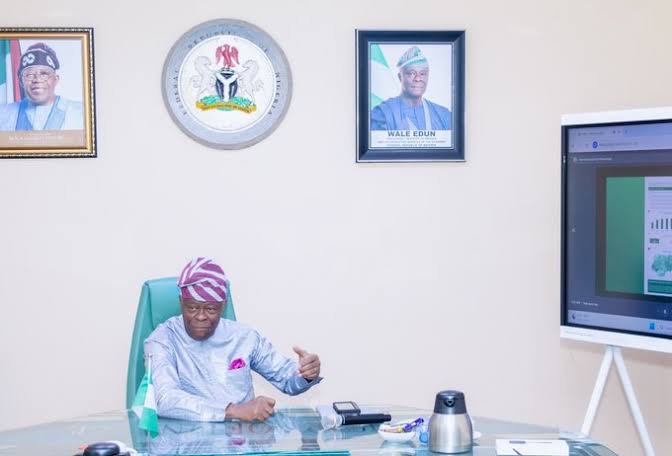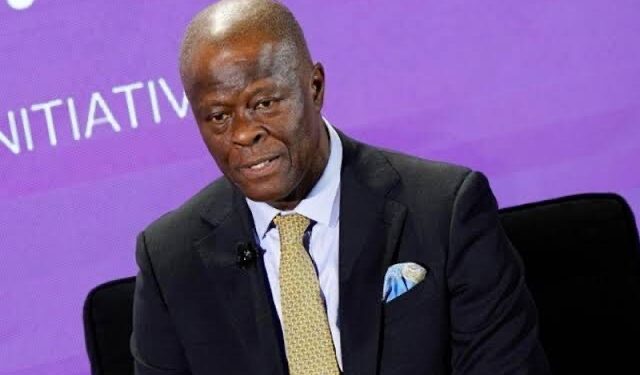In a concerted effort to fast-track Nigeria’s poverty reduction strategies, Finance Minister Wale Edun chaired a pivotal meeting of the Presidential Panel on the Social Investment Program (SIP) yesterday in Abuja. This meeting is part of President Bola Tinubu’s Renewed Hope Agenda, aimed at addressing the country’s deep-rooted poverty issues.
The session was primarily focused on evaluating the current status of social investment policies and ensuring their effective implementation. A significant portion of the meeting was dedicated to reviewing the progress of the Direct Benefit Transfer (DBT) program, which aims to provide financial assistance directly to Nigeria’s poorest citizens.

The meeting also included the introduction of new members to the National Social Investment Program (NSIP), who are expected to play crucial roles in driving these initiatives forward.
An important part of the discussion involved the Youth Employment Benefits scheme, which has recently seen the introduction of a new draft. This scheme is designed to combat youth unemployment by offering targeted support and creating job opportunities. The draft outlines various strategies and interventions that aim to provide meaningful employment and skill-building opportunities for young Nigerians.

Edun emphasized the need for greater transparency and accountability in the execution of these social investment policies. He highlighted the importance of creating platforms that allow citizens to monitor and verify the progress of these initiatives. Such platforms are intended to ensure that the aid and resources reach those who need them most, preventing mismanagement and ensuring that the objectives of these programs are met effectively.
In addition to discussing these programs, the meeting also reviewed a comprehensive report on the committee’s activities. The report showcased significant achievements in the direct transfer of funds to vulnerable populations, reflecting the impact and effectiveness of the current programs.

Edun expressed optimism that these efforts would lead to substantial improvements in Nigeria’s social investment landscape. He stressed that under his leadership, the Presidential Panel is committed to optimizing programs like the DBT and Youth Employment Benefits scheme. The goal is to uplift the nation’s most vulnerable citizens and make significant strides in poverty alleviation.
In a related development, Adeyemi Adeniran, the statistician-general of the federation and CEO of the National Bureau of Statistics, called for decisive action from stakeholders to combat poverty in Nigeria. Speaking at a technical dialogue on the ‘Operationalisation of the Multidimensional Poverty Index (MPI) as a Policy Tool in Nigeria’ in Abuja, Adeniran pointed out that poverty in Nigeria extends beyond just a lack of income.
It also includes deprivations in health, education, and living standards. The 2022 MPI survey revealed that 133 million Nigerians live in multidimensional poverty, despite the country’s vast resources and growth potential. This statistic underscores the urgency of addressing various facets of poverty to achieve meaningful change.


































